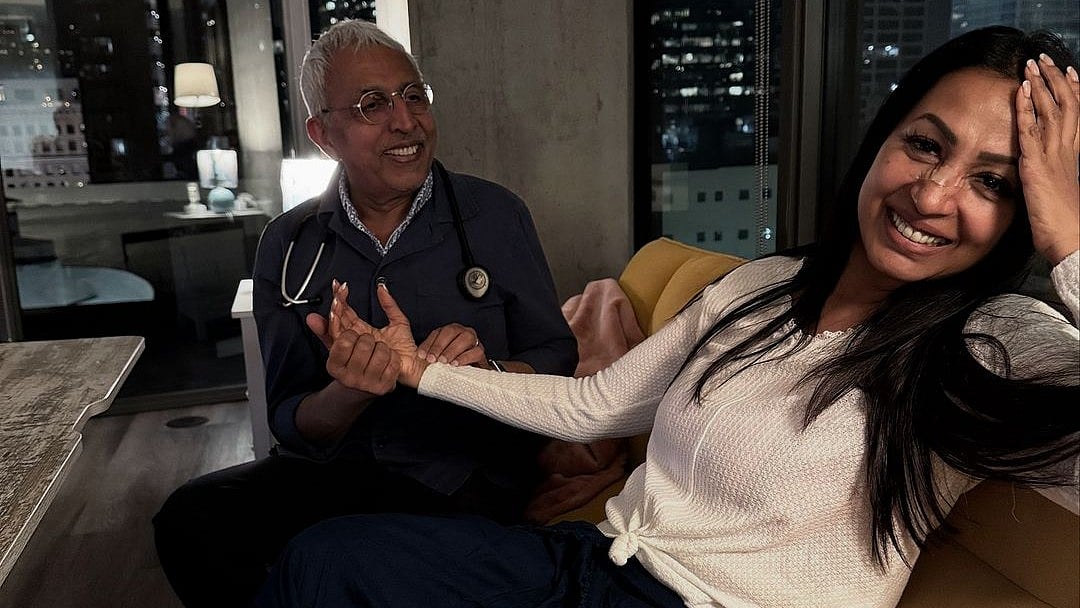Recently 44 court staffers of the Supreme Court testing positive for COVID-19. With the surge in cases in the city, courts in Mumbai have become cautious too with a recent meeting of sessions court judges passing a resolution to get a drive for rapid antigen testing arranged for its staff. While the need for inoculation cannot be challenged, the current need for the courts is to make testing for lawyers and court staff at the lower court’s mandatory, say lawyers. But a section of lawyers expressed their apprehension of having a mandatory test.
With the surge in COVID-19 cases in the city, late last month the BMC started rapid antigen testing at the session court entry. But the mandatory testing was restricted only to litigants. Advocates including prosecutors as well as court staff did not have to get tested. They could enter the court through a separate entry gate. The resolutions passed in the meeting have now restricted entry of litigants to those whose matters are listed for final judgment, etc.
On March 26, 2020, when the antigen testing started four litigants had tested positive. The next day 20 had tested positive and on March 30, eight of the 500 persons tested were found positive. Though antigen testing is not all conclusive, an RT-PCR test is, the test could possibly screen all those who enter courts to make it a notch safer.
Courts have noted in their daily proceedings of lawyers and police officers of central agencies, who were regularly visiting, having tested positive. Also, a testing drive for the court staff conducted in March had found 5 of them test positive. It has also seen the court committee, in one of its resolutions, appeal to lawyers to not allow their junior advocates and clerks to come to court, to prevent overcrowding.
On 6 April, a sessions court committee comprising of four sessions court judge had passed resolutions in view of the COVID-19 surge, among which was one for the registrar to arrange a rapid antigen testing drive for all the court staff. This, however, will not safeguard from entry of those who contract the infection after the testing drive.
But lawyers are divided over mandatory testing at entry. The most common reason cited in opposition to it is the delay it could cause. “There are chances of matters getting delayed if everyone has to get tested,” says Veena Shelar, a prosecutor at the sessions court who just got her first vaccine dose recently. She points out that court timings are already restricted as per the new circular due to the pandemic situation. Shelar instead favours an inoculation drive for court staff and prosecutors across ages and suggests testing of all defence advocates.
“We are not averse to getting tested,” says R Sathyanarayan, a defence advocate. He says though, that courts should accommodate them if they test positive and cannot attend hearings for some days. “Courts should not pass comments like asking to hire another lawyer,” he says. He asks why defence lawyers across ages cannot be vaccinated too. The sessions courts have been functioning throughout the pandemic, hearing only urgent and extremely urgent matters during the peak of the virus and expanding functioning at other times. A new circular of Friday based on the decision of the Bombay HC’s Administrative Committee has now restricted the functioning of subordinate courts to 2.5 hours from 4 hours previously in view of the ‘exponential surge’ in COVID-19 cases in the MMR region, as the circular said.
There are others who favour testing advocates and court staff at entry, at least at regular intervals. Among them is senior prosecutor Pradip Gharat. “There should not be any discrimination whether one is a litigant, staff, a prosecutor or advocate,” he says. Senior advocate Sudeep Pasbola is also in favour of a uniform testing of all and says there is “no point” in testing selectively.










